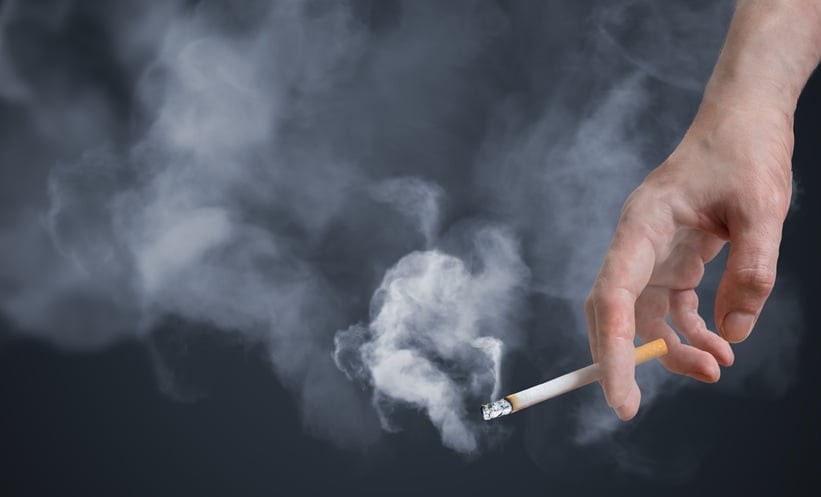PATERNAL smoking during puberty is linked to accelerated biological ageing in offspring, according to new data presented at the ERS Congress 2025.
Paternal smoking and offspring health
Previous research has shown that paternal smoking in puberty is associated with asthma and lower lung function in children. Now, researchers suggest its impact may extend to biological ageing. The study, part of the multinational RHINESSA project, analysed blood DNA methylation from nearly 900 participants (average age: 28 years) to determine whether fathers’ smoking habits before conception influenced epigenetic ageing in their children.
Paternal smoking in puberty accelerates biological ageing
The analysis revealed that offspring of fathers who began smoking before age 15 showed accelerated biological ageing compared with those whose fathers never smoked. Measures included widely used epigenetic clocks such as GrimAge, PhenoAge, and DunedinPACE. Notably, when offspring who had ever smoked themselves were excluded, the differences were even more pronounced, suggesting that the accelerated ageing was primarily linked to the father’s early smoking rather than the child’s own smoking habits. In contrast, maternal preconception smoking showed no consistent association with ageing markers.
Implications for future generations
The findings suggest that paternal smoking during puberty may have lasting intergenerational consequences, extending beyond lung health to biological ageing. Researchers emphasise the need for further studies to clarify whether accelerated ageing helps explain the previously observed links between paternal smoking and offspring respiratory outcomes.
The study adds to growing evidence that adolescent behaviours, including tobacco use, can affect the health of future generations.
Reference
López-Cervantes JP et al. Father’s smoking initiation in puberty as associated with accelerated ageing in offspring. Abstract PA3770. ERS Congress, 27 September-1 October, 2025.








